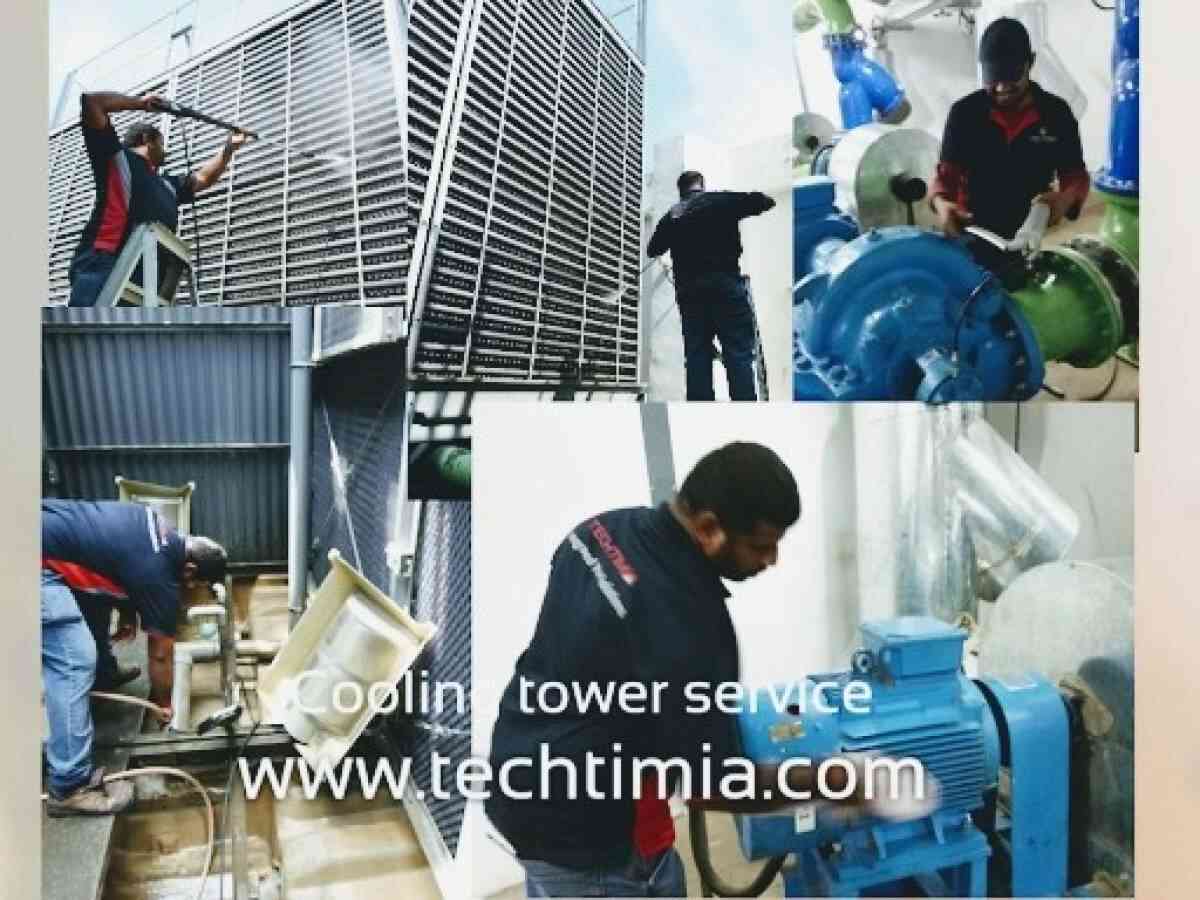Industrial Cooling Towers And Methodology Of Pipe Insulation
- - Category: Industrial
- - 14 Oct, 2022
- - Views: 69
- Save

Industrial cooling towers are those heat removal devices that make use of water to transfer and process unwanted heat in
Industrial cooling towers are those heat removal devices that make use of water to transfer and process unwanted heat into the atmosphere. Industrial cooling towers operate on the principle of eliminating heat from water by the process of evaporating that small volume of water or moisture which is then re-circulated through the cooling unit. The resultant mix of warm water and cool air gives away the latent heat of vaporization, making the water cool. An industrial cooling tower is generally employed to cool water and is a huge heat exchanger, expelling unwanted or excess heat into the atmosphere and returning the condensed cold water to the chiller.
Air conditioning equipment and other industrial processes, in general, produce heat in large volumes in form of hot water that needs to be cooled down, and in such situations, the utility of an industrial cooling tower comes into the picture. Steamed-up water flows through the cooling tower where it’s re-circulated and left to cool in the atmospheric air, wherein the heat leaves the re-circulating cooling tower as water through evaporation and condensation. Water that is so cooled re-enters the cooling equipment or process to bring down the equipment temperature down. This cooling cycle repeats over and over again thereby keeping the equipment temperature and heat at normal levels. Industrial cooling towers are critical components of refrigeration systems and are mostly found in power plants, chemical processing units, steel mills and industries, and other manufacturing sectors where process cooling is essential.
While cooling towers are essential factors in the industry and allied commercial buildings, in the same way, proper insulation of the water supply pipes in exposed areas of a building is quite important as well, for several reasons, for instance in cold- climates, water supply pipes may freeze, burst, and cause water damage to any non-water resistant materials. Insulating water pipes can save energy costs and reduce heat loss thereby lowering the costs of heating water in a more economical way. Likewise, insulating cold water pipes prevents the pipes from damage that may occur due to moisture condensation. Periodic checking of the pipe insulations enables us to make sure that the insulation is still in good condition and is completely covered or needs any re-insulation or repairs. Self-sealing on the insulation may become loose and over a period of time exposed parts of the pipe may need suitable repairs and insulation.
Several strategies are to be considered while insulating water pipes. When selecting water pipe insulation, considering the R-value which is a measurement that quantifies the resistance to heat flow of a given material must be well thought-out. In general the colder the climate, the higher the R-value must be looked for when choosing pipe insulation. When it comes to the above-mentioned services, Techtimia offers reliable air conditioner repair services backed up by certified technical workers who have undergone the necessary training required to service any type of air conditioner, Techtimia is one of the pioneers in HVAC contracting that one can confidently depend on, for every commercial or residential cooling service.
